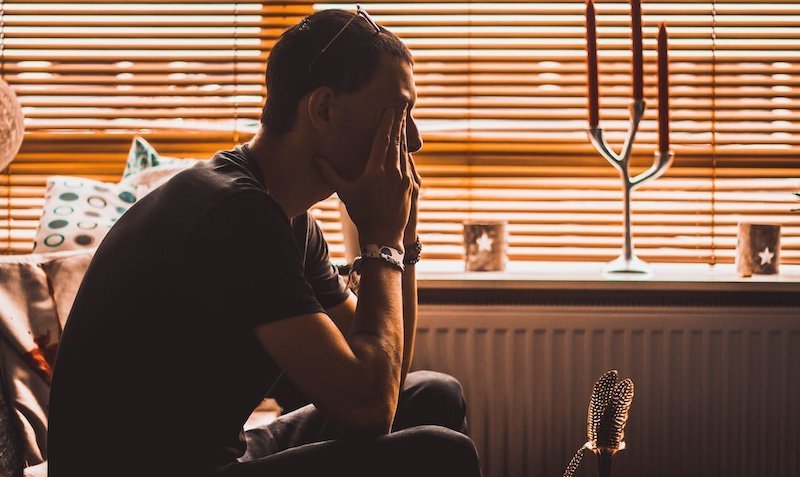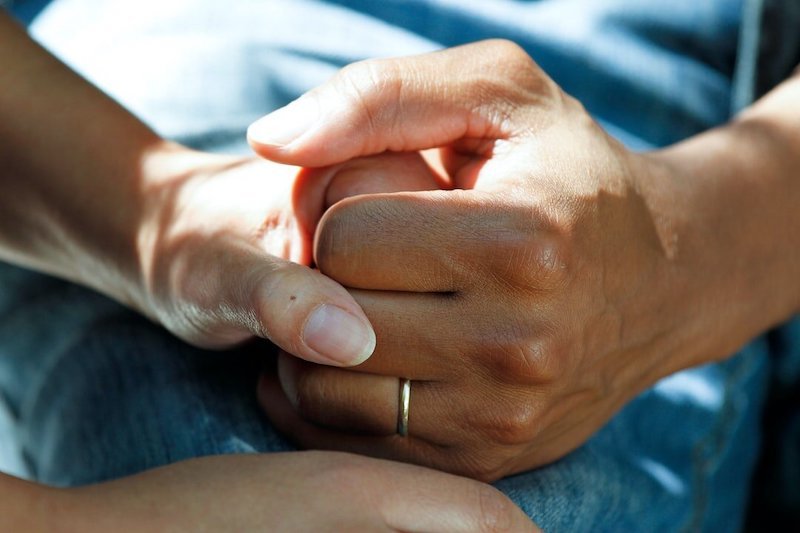Getting Comfortable with Being Uncomfortable: Substance Abuse in Your Relationship
Is Your Partner Using Substances in Your Relationship?
Substance abuse can have a profound impact on relationships, causing strain, conflict, and distress for all parties involved. When one or both partners struggle with substance abuse, the dynamics of the relationship often become deeply affected.
First and foremost, trust is eroded as the non-using partner may experience broken promises, lies, and unpredictable behaviors. This can lead to feelings of betrayal, disillusionment, and emotional pain. Furthermore, the substance-abusing partner's focus and priorities may shift, leading to neglect of the relationship, financial instability, and an inability to fulfill responsibilities.
Communication breakdown is also a common issue in relationships affected by substance abuse. The couple may struggle to have open and honest conversations as substance abuse takes precedence, leading to misunderstandings, resentment, and a sense of emotional disconnection.
Additionally, the non-using partner may experience a range of emotions including anger, sadness, and helplessness, leading to a breakdown in their well-being. They may also fall into enabling behaviors, attempting to protect the substance-abusing partner from the consequences of their actions.
Seeking professional help, such as couples therapy or individual counseling, is crucial for addressing substance abuse in relationships. Open communication, setting boundaries, and accessing support networks can also be beneficial in navigating the challenges associated with substance abuse.
Ultimately, addressing substance abuse as a couple requires patience, empathy, and a commitment to healing. With the right support and resources, couples can work towards rebuilding trust, improving communication, and finding a path to recovery and healthier, more fulfilling relationships.
10 Steps on How to Address Your Relationship if There is Substance Abuse:
If your partner is struggling with substance abuse, it's crucial to prioritize your well-being while also offering support. Here are some steps to consider:
1. Educate Yourself: Understanding the nature of substance abuse and its effects can provide insight into your partner's behavior and help you determine the best course of action.
2. Encourage Communication: Approach your partner with empathy and openness to discuss their struggles with substance abuse. Please encourage them to express their feelings and concerns without judgment.
3. Seek Professional Help: Encourage your partner to seek professional help from a therapist, counselor, or support group. You can offer to assist in finding resources and making appointments.
4. Set Boundaries: Establish clear boundaries to protect yourself from the negative effects of substance abuse. Communicate these boundaries to your partner compassionately and firmly.
5. Take Care of Yourself: It's important to prioritize your own mental and emotional well-being. Consider seeking support from a therapist or counselor to process your feelings and develop healthy coping strategies.
6. Explore Treatment Options: Research different treatment options such as counseling, outpatient programs, or rehabilitation centers. Encourage your partner to explore these options and offer to assist in finding suitable programs.
7. Encourage Healthy Activities: Suggest and engage in activities that promote physical and emotional well-being, such as exercise, meditation, and spending time in nature.
8. Offer Support and Encouragement: Express your love and support for your partner while encouraging them to take positive steps towards recovery. Acknowledge their progress and offer words of encouragement.
9. Prepare for Challenges: Understand that the journey to recovery may have setbacks and challenges. Be prepared to provide ongoing support and understanding during difficult times.
10. Evaluate the Relationship: Consider seeking couples therapy to address the impact of substance abuse on your relationship and to work through any underlying issues.
Remember, supporting a partner with substance abuse requires strength, patience, and understanding. It's essential to prioritize your well-being while offering support to your partner on their journey to recovery.
Let’s connect and discuss how I can help with substance abuse counseling for you and someone else to help build a better relationship through therapy.



